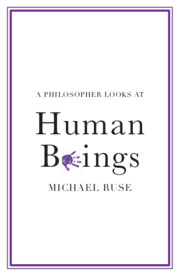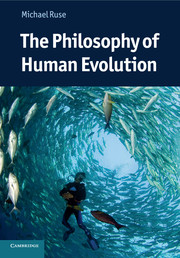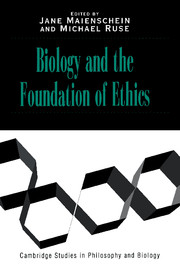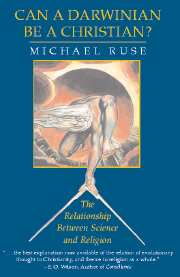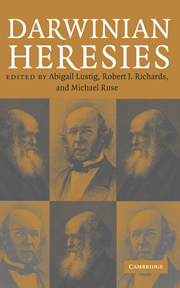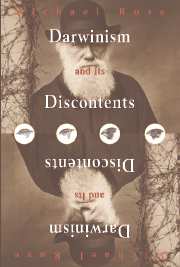A Philosopher Looks at Human Beings
Why do we think ourselves superior to all other animals? Are we right to think so? In this book, Michael Ruse explores these questions in religion, science and philosophy. Some people think that the world is an organism - and that humans, as its highest part, have a natural value (this view appeals particularly to people of religion). Others think that the world is a machine - and that we therefore have responsibility for making our own value judgements (including judgements about ourselves). Ruse provides a compelling analysis of these two rival views and the age-old conflict between them. In a wide-ranging and fascinating discussion, he draws on Darwinism and existentialism to argue that only the view that the world is a machine does justice to our humanity. This new series offers short and personal perspectives by expert thinkers on topics that we all encounter in our everyday lives.
- A clear, comprehensive picture of the fundamental debates surrounding the distinction between humans and other animals, perfect for the general reader but uncompromising with respect to scholarship
- Inherently interdisciplinary, drawing on ideas in ethics, biology, the history of science and theology
- Argues strongly that evolutionary theory, especially Darwin's theory of evolution through natural selection, should play a central role in philosophical discussions about biology and ethics
Product details
May 2021Paperback
9781108820431
222 pages
197 × 131 × 20 mm
0.29kg
Available
Table of Contents
- Introduction
- 1. The status of humans
- 2. Mechanism versus organicism
- 3. Darwinian evolution
- 4. Mechanism and human nature
- 5. Organicism and human nature
- 6. The problem of progress
- 7. Morality for the organicist
- 8. Morality for the mechanist
- Epilogue.

